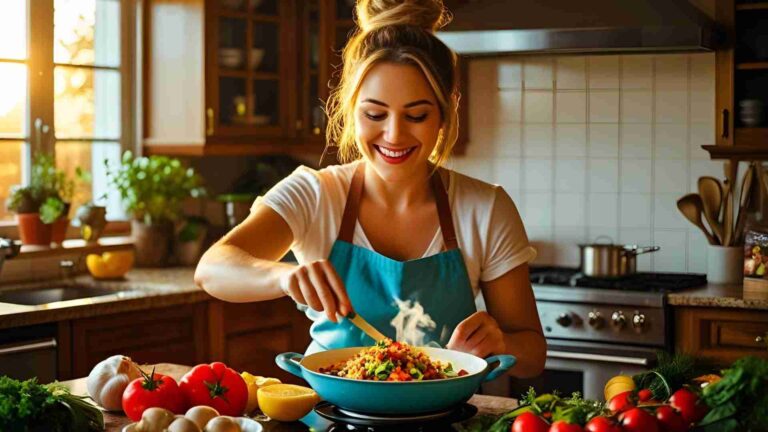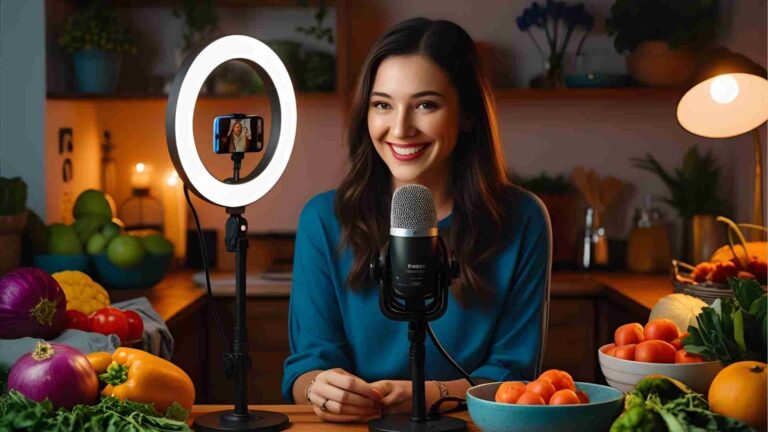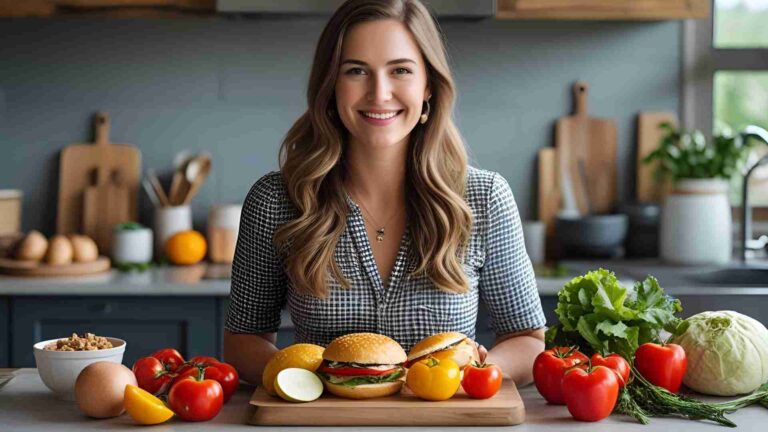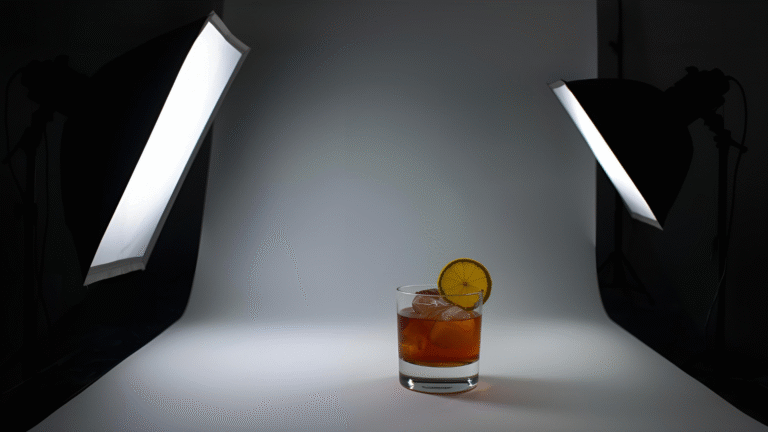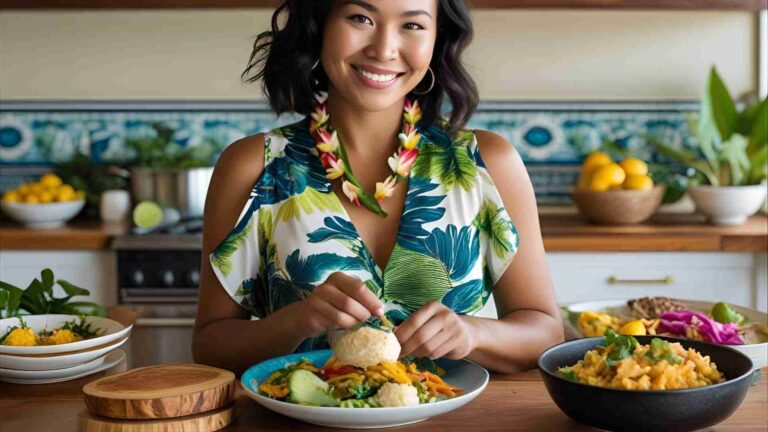Best Camera for Food Photography
Food photography demands precision in capturing textures, colors, and details that make dishes look irresistible. Whether you’re a beginner blogger shooting recipes at home or a professional creating commercial images for cookbooks and menus, the right camera is crucial. This guide evaluates top options based on key factors like sensor size, resolution, autofocus, and video capabilities. We’ve drawn from expert reviews and real-world testing to recommend cameras across budgets, focusing on those excelling in low-light restaurants, overhead shots, and high-detail macros.
Key Considerations When Choosing a Camera for Food Photography
Before diving into recommendations, understand these essential features tailored to food shooting:
1. Sensor Size
Full-frame sensors (35mm equivalent) capture more light and detail, ideal for low-light restaurants and creating shallow depth of field for blurred backgrounds. Crop sensors (APS-C) are smaller, more affordable, but effectively zoom lenses (e.g., a 50mm acts like 80mm on Canon crop). Recommend full-frame for pros; crop for beginners.
2. Megapixels (Resolution)
Higher megapixels allow detailed crops and large prints. For web/social media (72 DPI), 20-24MP suffices. For print (300 DPI, 8×10 inches), aim for 24MP+. Pros need 40MP+ for billboards.
3. Autofocus Points and Performance
Food often requires precise focus on specific elements. Look for 45+ points with eye-tracking for people in shots (e.g., chefs). Dual-pixel or phase-detection AF excels in live view for tethered shooting.
4. ISO Capabilities
Food venues vary in light. Cameras handling ISO 6400+ without noise are best for dim restaurants without tripods.
5. Frames Per Second (FPS)
Useful for capturing pours, splashes, or motion. 6-15 FPS is ideal for food action shots.
6. RAW Shooting
Essential for post-processing without quality loss. All modern cameras support it.
7. Screen Type
Tilting or articulating screens help with overhead flat lays and awkward angles.
8. Video Capabilities
Many food creators need 4K for recipes. Look for 4K/30fps minimum, with slow-motion options.
9. Tethering and Connectivity
USB tethering to Lightroom/Capture One for real-time previews. Wi-Fi/Bluetooth for quick transfers.
10. Budget and Build
Entry-level: $400-800. Mid-range: $800-2000. Pro: $2000+. Weather-sealing protects against kitchen spills.

Types of Cameras for Food Photography
DSLRs
Traditional workhorses with optical viewfinders. Excellent battery life, vast lens options. Bulkier but reliable for studio work.
Mirrorless
Compact, with electronic viewfinders showing real-time exposure. Better for video, faster AF. Growing lens ecosystems.
Smartphones
Portable entry point. Great for social media with apps like Lightroom Mobile. Limited in low light/pro controls.
Best Cameras by Category
Entry-Level (Budget < $800)
Perfect for beginners or bloggers starting out.
| Camera | Sensor | MP | AF Points | ISO Max | FPS | Video | Price (Body/Lens) | Pros | Cons |
|---|---|---|---|---|---|---|---|---|---|
| Canon EOS Rebel T7 | APS-C | 24 | 9 | 12800 | 3 | 1080p/30fps | $479 (w/18-55mm) | Affordable, RAW support, Wi-Fi | Basic AF, no 4K |
| Nikon D3500 | APS-C | 24 | 11 | 25600 | 5 | 1080p/60fps | $400 (w/18-55mm) | Excellent dynamic range, Bluetooth | No tilting screen, discontinued |
Mid-Range ($800-2000)
Balanced for serious hobbyists/food bloggers needing better low-light and video.
| Camera | Sensor | MP | AF Points | ISO Max | FPS | Video | Price (Body) | Pros | Cons |
|---|---|---|---|---|---|---|---|---|---|
| Canon EOS 6D Mark II | Full-Frame | 26 | 45 | 102400 | 6.5 | 1080p/60fps | $1200 | Tilting touchscreen, weather-sealed | No 4K |
| Nikon D750 | Full-Frame | 24 | 51 | 51200 | 6.5 | 1080p/60fps | $678 (used) | Dynamic range, dual slots | Older model |
| Fujifilm X-T5 | APS-C | 40 | 425 | 51200 | 15 | 6K/30fps | $1699 | Film simulations, compact | No flip screen |
| Panasonic Lumix S5 II | Full-Frame | 24 | 779 | 51200 | 9 | 6K/30fps | $1999 | Phase-detect AF, IBIS | No CFExpress slot |
Professional (> $2000)
For commercial work, high-res prints, advanced video.
| Camera | Sensor | MP | AF Points | ISO Max | FPS | Video | Price (Body) | Pros | Cons |
|---|---|---|---|---|---|---|---|---|---|
| Canon EOS R6 Mark II | Full-Frame | 24 | 1053 | 102400 | 40 | 6K/60fps | $2299 | Advanced AF, IBIS | Lower MP |
| Nikon Z7 II | Full-Frame | 46 | 493 | 25600 | 10 | 4K/60fps | $2296 | High res, Z-mount lenses | High price |
| Sony A7R IV | Full-Frame | 61 | 567 | 32000 | 10 | 4K/30fps | $2998 | Ultra-high res, focus peaking | Expensive |
| Nikon D850 | Full-Frame | 46 | 153 | 25600 | 7 | 4K/30fps | $1698 | Weather-sealed, dual slots | Bulky DSLR |
Best Smartphones for Food Photography
For quick social content or beginners.
| Phone | Main Camera | Price | Pros | Cons |
|---|---|---|---|---|
| Apple iPhone 16 Pro Max | 48MP f/1.78 | $1199 | Excellent macro, natural colors | Expensive, large |
| Google Pixel 8 Pro | 50MP f/1.68 | $999 | Low-light prowess, RAW support | Battery life |
Essential Lenses for Food Photography
Lenses impact images more than bodies. Prime lenses are sharpest.
- 50mm f/1.8 ($125): Versatile for portraits/overheads.
- 100mm f/2.8 Macro ($590): Close-ups of textures.
- 24-70mm f/2.8 ($2199): Flexible zoom for varied compositions.
Crop factor: On APS-C, multiply focal length by 1.5-1.6x.
Accessories and Tools
- Tripod: Manfrotto MT190XPRO3 ($250) for stability.
- Lighting: Natural first; add softboxes ($100) for control.
- Tethering Cable: USB for Lightroom previews.
- Apps: Lightroom Mobile (free) for editing.
Buying Tips: New vs Used
Buy used from reputable sites like eBay (check 99%+ feedback). Gray market saves money but check warranties. Rent first via Lensrentals.com.
Crop vs Full-Frame Impact
| Aspect | Crop Sensor | Full-Frame |
|---|---|---|
| Cost | Cheaper | More expensive |
| Low Light | Good | Excellent |
| Depth of Field | Deeper | Shallower |
| Lens Compatibility | Some limits | Full range |
Conclusion
The best camera for food photography matches your needs: Canon Rebel T7 for starters, Fujifilm X-T5 for creatives, Nikon D850 for pros. Focus on learning composition and lighting first. Test via rentals, build lenses gradually. Your skills matter more than gear—start shooting today!
Please share this Best Camera for Food Photography with your friends and do a comment below about your feedback.
We will meet you on next article.
Until you can read, Getting Started in Food Photography

